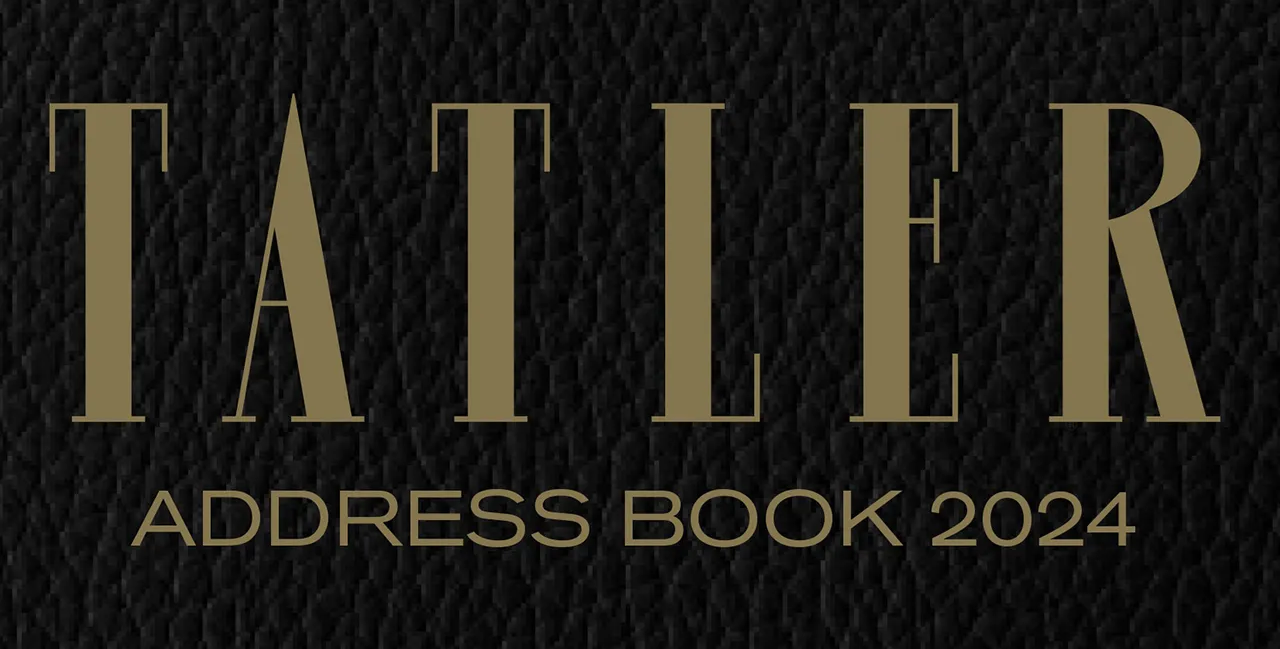Choosing to divorce is among the hardest decisions a couple can make, and it is understandable that some decide to reverse course partway through the process. What are the rules for those who are in the process of getting a divorce, but now want to stay married?
Partner Debbie Chism spoke to Tatler about how calling off divorce proceedings works. In this longer article, Debbie and senior associate Harriet Franks provide a comprehensive guide to calling off a divorce.
What process has to happen when a married couple changes their minds about a divorce? How far down the line of proceedings can things be halted?
A divorce can be halted at any point before the Final Order of divorce (previously called the Decree Absolute), which ends the marriage. The process of how to stop the divorce proceedings depends on where couples have reached in the process, and how the other spouse feels about reconciliation.
There are three stages to the no-fault divorce process, which became law in England and Wales in 2022:
- filing the divorce application;
- obtaining the Conditional Order;
- obtaining the Final Order.
The whole process takes about six months from start to finish. This phasing exists for the very purpose of giving couples some “cooling off” periods – it allows them time to consider reconciling or, at the very least, to try to resolve their finances before the divorce is finalised.
Parties must wait 20 weeks after filing the divorce application before they can apply for the Conditional Order, and six weeks and one day after the grant of the Conditional Order before they can apply for the Final Order. These ‘cooling off’ periods are there precisely because people do sometimes change their minds.
Whilst these ‘cooling off’ periods constitute the minimum time parties have to wait before proceeding to the next stage in the process, there is no time limit by which the person filing for divorce (the applicant) has to apply for the Conditional Order. If they do not do so, divorce will only proceed if the respondent applies for the Conditional Order, which they can do after a further three months.
If the spouses wish to reconcile, it is open to them to explore this whilst having a divorce application sitting dormant in the background. Parties have twelve months from the date of the Conditional Order to apply for the Final Order. They can still apply after twelve months but they will have to give reasons for the delay – a judge will then consider the application.
If a couple jointly decided to separate, what happens if one of them decided they want to halt the divorce?
If the divorce application is made jointly, one spouse withdrawing their consent at any stage does not prevent the other from proceeding with the divorce. In such cases, both individuals will need to provide their written consent to the court for the divorce application to be withdrawn and the process stopped.
If the divorce application is made by only one person, it is possible for them to withdraw their application before the other party is served with divorce proceedings. If the application has already been served then the applicant spouse can apply to the court to dismiss the divorce application and stop the process.
If someone does change their minds, are there any implications they should be aware of?
Reconciliation is only possible where both of the couple are committed to making it happen. However, each of them also need to consider how they balance their commitment to reconciliation with ensuring their interests are protected. There are financial and tax consequences which can turn on what constitutes their “date of separation”. Changing your mind might change this important date.
If the couple have international assets, divorce proceedings may involve handling potential competing jurisdictions. The decision as to where the divorce takes place can have very significant financial consequences, and withdrawing from divorce proceedings in one country might lead to a less financially favourable divorce being initiated in another! Appropriate legal advice for the individual circumstances of any case is therefore crucial.
What happens if either or both spouses later decide go ahead with a divorce?
If the couple has halted the divorce process, but the application has not been withdrawn, either spouse can simply proceed with whatever the next phase in the process is subject to minimum ‘cooling off’ periods. If the divorce application has been withdrawn, a fresh application will need to be filed on either a joint or sole basis.
Are you seeing an increasing number of clients changing their minds about divorce, what are their reasons?
Separating couples do change their minds from time to time, most commonly because they wish to explore reconciliation. This can be driven by many different factors, such as:
- where there are children involved and the parties wish to keep the family together;
- the timing is not right given the potential for tax or other financial implications arising from the divorce; or
- the parties have been able to reach a compromise in relation to their financial situation which they have agreed to record in a post-nuptial settlement.
It is not an uncommon scenario, in cases involving infidelity for example, for the ‘wronged’ spouse to say to their partner: “I will stay in this marriage, but it’s going to be on my terms and it’s going to cost you.”
You can find further information regarding our expertise, experience and team on our Divorce and Family page.
If you require assistance from our team, please contact us.
Subscribe – In order to receive our news straight to your inbox, subscribe here. Our newsletters are sent no more than once a month.






